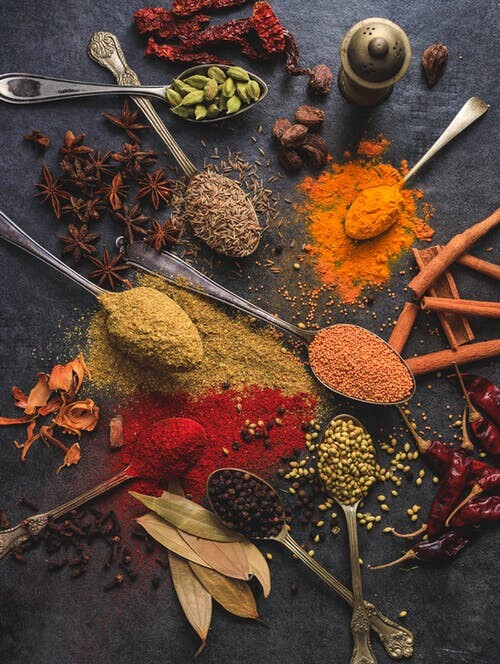
Although many people think aches and pains are a normal part of aging, your diet and lifestyle may be more of a factor than you realize. While it may be tempting to take anti-inflammatory drugs, steroids, or pain killers, it is better to get to the root of the problem and improve your overall wellness. For some, a food sensitivity can lead to aches and pains. Gluten and grains are two of the most common food triggers. Corn, soy, dairy and nightshade plants are some other common food triggers. Poor digestion can also lead to joint and muscle pain. And so can certain vitamin and mineral deficiencies. Here are a few natural pain relief strategies.
Vitamin D
Vitamin D is an important nutrient for healthy joints, bones, and muscles. It's estimated that about 42% of the American population is deficient in vitamin D. Vitamin D3 is the biologically active form of vitamin D. It is created in your skin in response to sun exposure. Depending on where you live, you can meet your body's vitamin D needs with 15-20 minutes of sun exposure daily. In addition to sun exposure, there are also dietary sources of vitamin D. Whole food sources of vitamin D are much healthier options than foods fortified with vitamin D. Some of the best dietary sources of vitamin D are wild-caught salmon, grass-fed butter and raw cheese, egg yolks, and mushrooms. If exposure to sun or eating a vitamin D rich diet aren't options, you can consider a high quality supplement. The most popular supplements have been tested and scored by LabDoor, but there are also many small companies that make quality supplements as well.
Magnesium
Magnesium is important for preventing and improving joint pain, and relieving muscle cramping. It supports over 300 physiological processes or functions in the body. Magnesium helps maintain joint cartilage and is critical to all aspects of vitamin D and calcium metabolism. It is thought that around 68% of Americans are deficient in magnesium. The top food sources of magnesium are leafy greens such as Swiss chard and spinach, sea vegetables, sprouts, bananas and avocados. Grass-fed dairy and wild-caught fish are rich in magnesium. Pumpkin seeds, nuts, dark chocolate, and coffee are also good sources of magnesium. You can also get magnesium from an Epsom salt bath.
Exercise
Moving your body with weight-bearing and low-impact exercise can be an effective way to prevent and improve joint pain because it helps reduce inflammation. One of the best examples of weight-bearing, low-impact exercise is walking. Bicycling, swimming and water aerobics are other low-impact exercises that do not put too much stress or strain on the joints. Tai Chi and yoga are excellent for your joints as well. Tai Chi is a Chinese martial art that includes slow, continuous movements. Yoga and stretching improves flexibility and coordination. Incorporating these exercises into your daily routine can be helpful for preventing and improving joint pain.
Healthy Diet
Refined sugars and grains, and any foods that are easily metabolized into sugar are highly inflammatory. Other foods that promote inflammation are meat and dairy from conventionally-raised animals and farmed fish. These foods contain toxic chemicals such as antibiotics, vaccines and disinfectants. Processed foods and highly processed vegetable oils, such as canola, soy, and safflower oils also promote inflammation.
Foods to include are anti-inflammatory foods from organic sources. Great protein sources are grass-fed, pasture-raised, organic meats and wild-caught fish. Some examples of anti-inflammatory herbs and spices are ginger, cinnamon, garlic, chili peppers, black pepper, and clove. You'll also want to include a variety of lower-carbohydrate, low-glycemic, colorful vegetables and fruits in your diet. Some good choices are cruciferous vegetables, leeks, shallots, cucumbers, asparagus, and leafy greens. Low-glycemic fruits include berries, lemons and limes, grapefruit, and granny smith apples.
Good Sleep
Sleep is important for your overall health, including maintaining healthy joints. Not getting enough sleep promotes inflammation in your body which can lead to joint pain. It can also cause blood sugar imbalances and increased cortisol production which causes more inflammation. Balancing your blood sugar and optimizing nutrition are important strategies to improve your sleep. Other strategies for better sleep are getting sunlight during the day, avoiding artificial light, blacking out your room with blackout curtains, using a sleep mask, and relaxing your mind before bed.
Did this help you? If so, I'd greatly appreciate it if you commented and/or share it on social media.

Email: sharonledwards@hotmail.com
Facebook: https://www.facebook.com/sharonledwardsbiz/






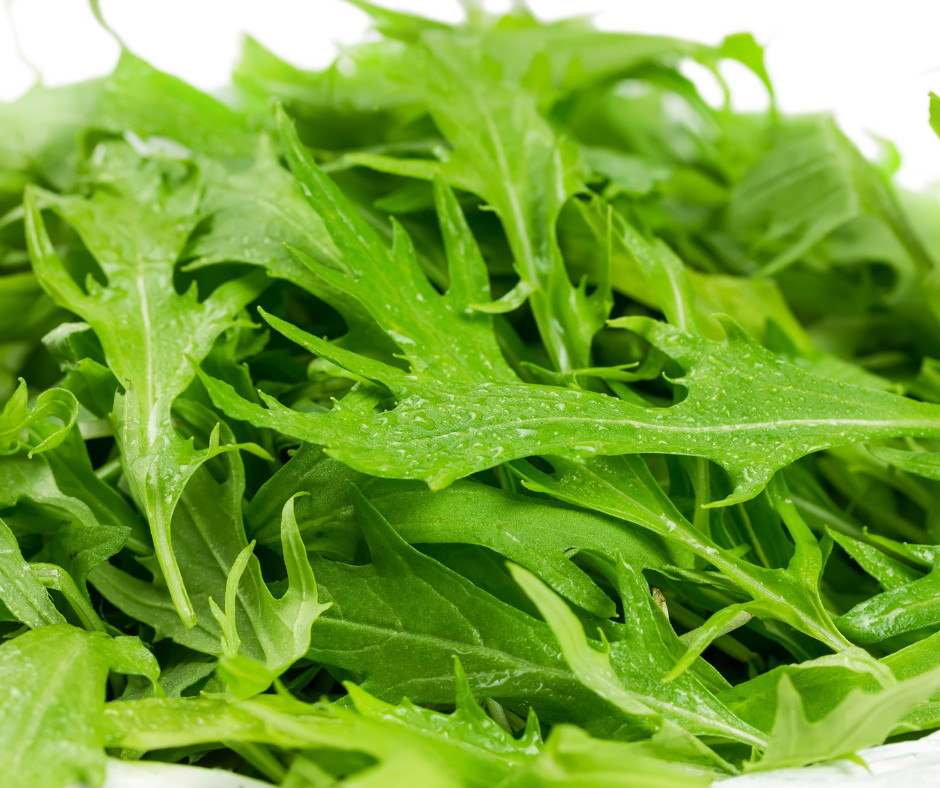

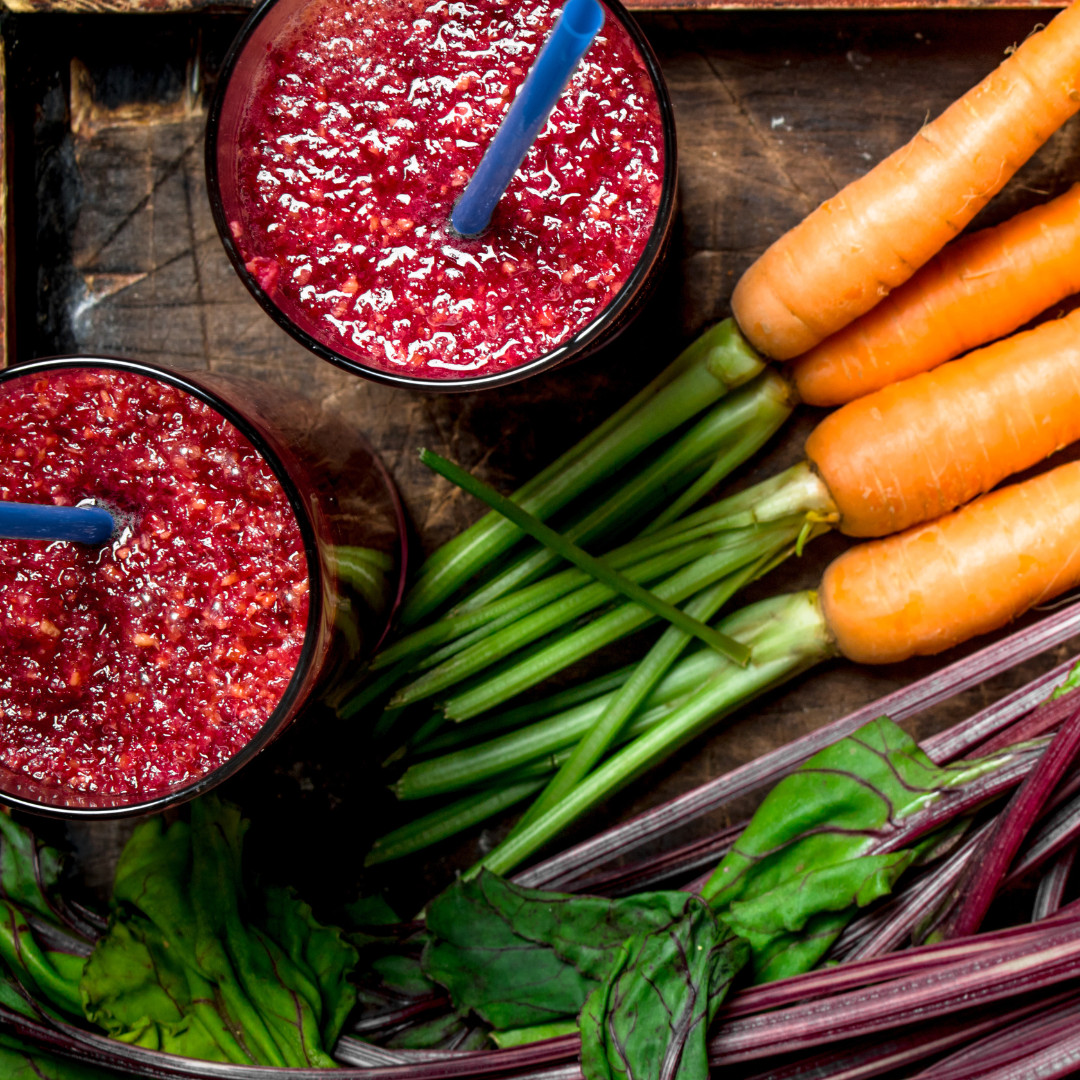
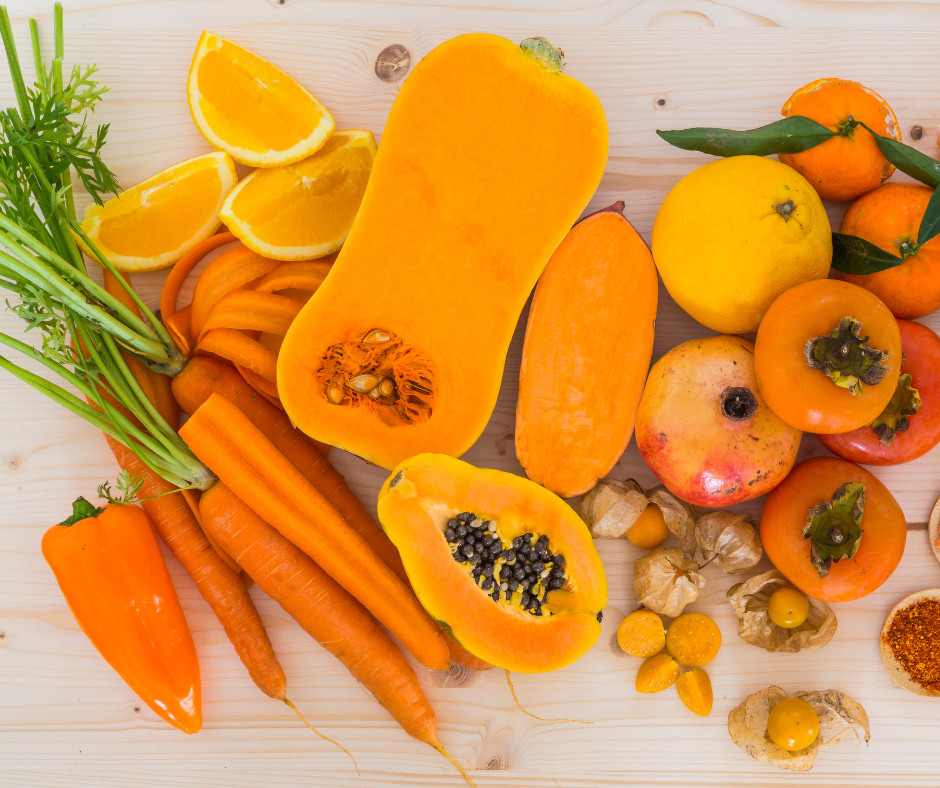
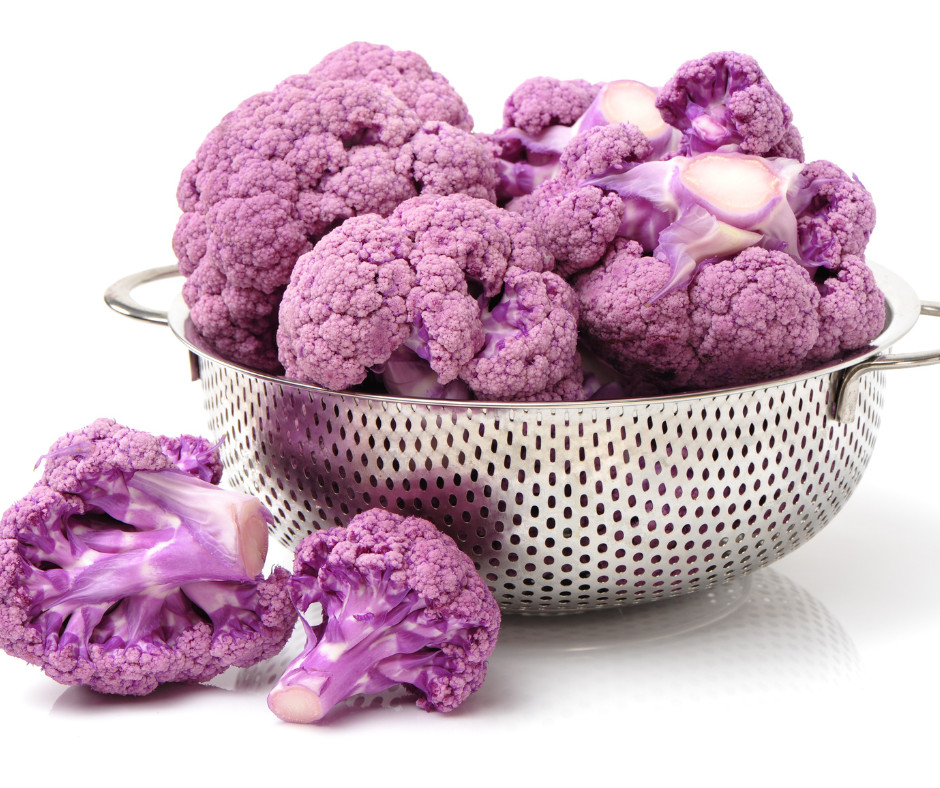
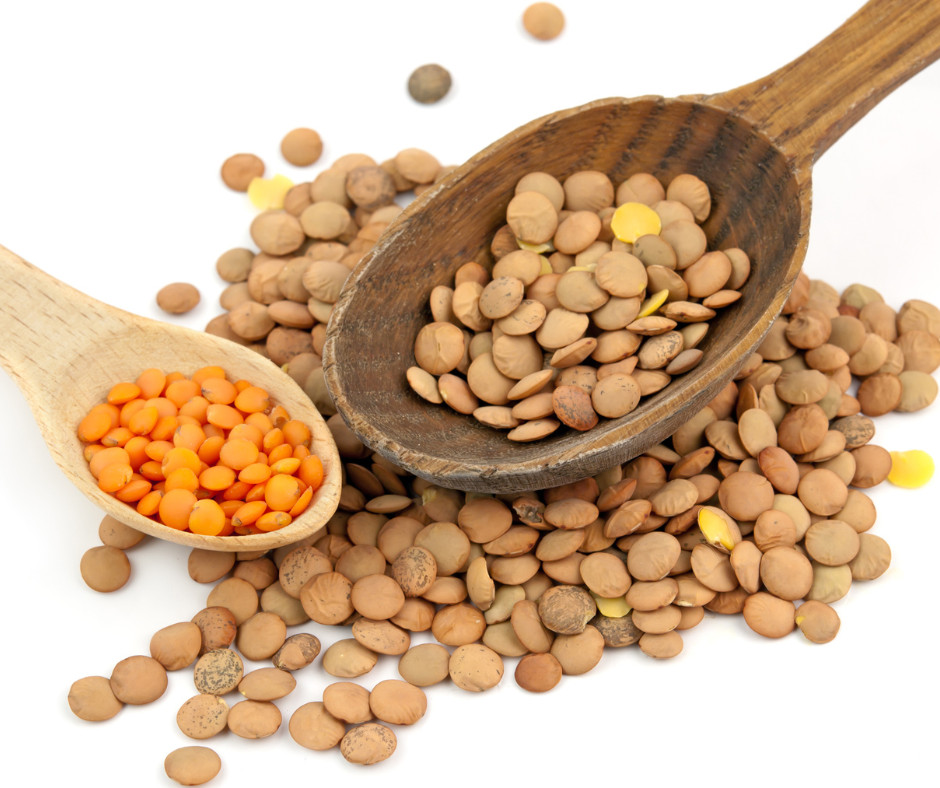
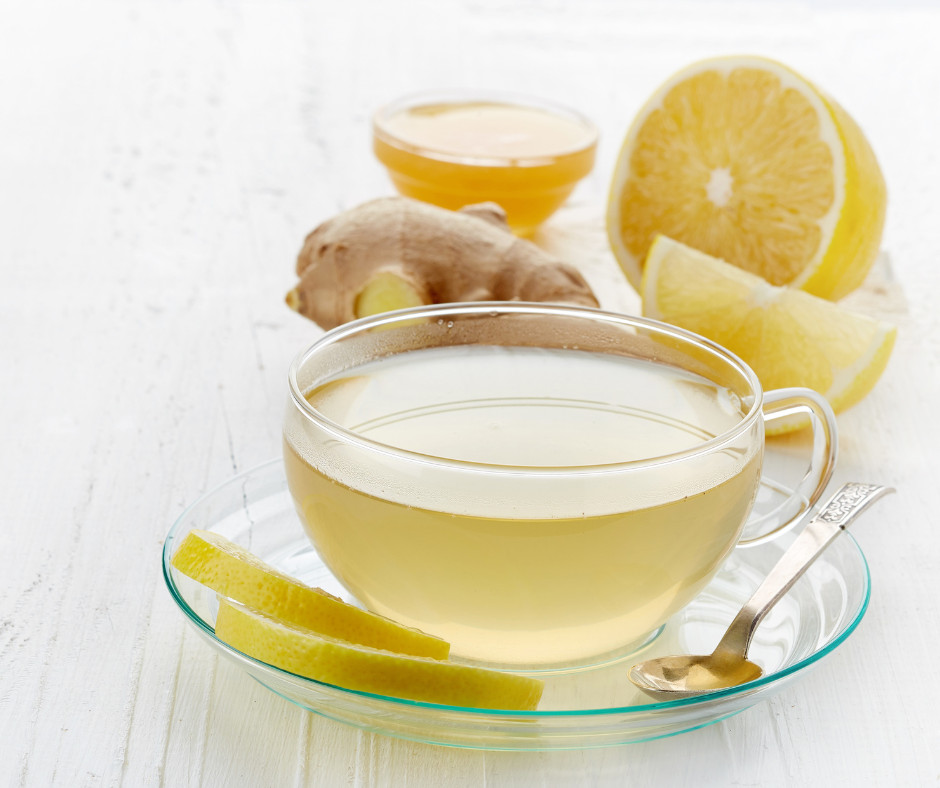





0 Comments